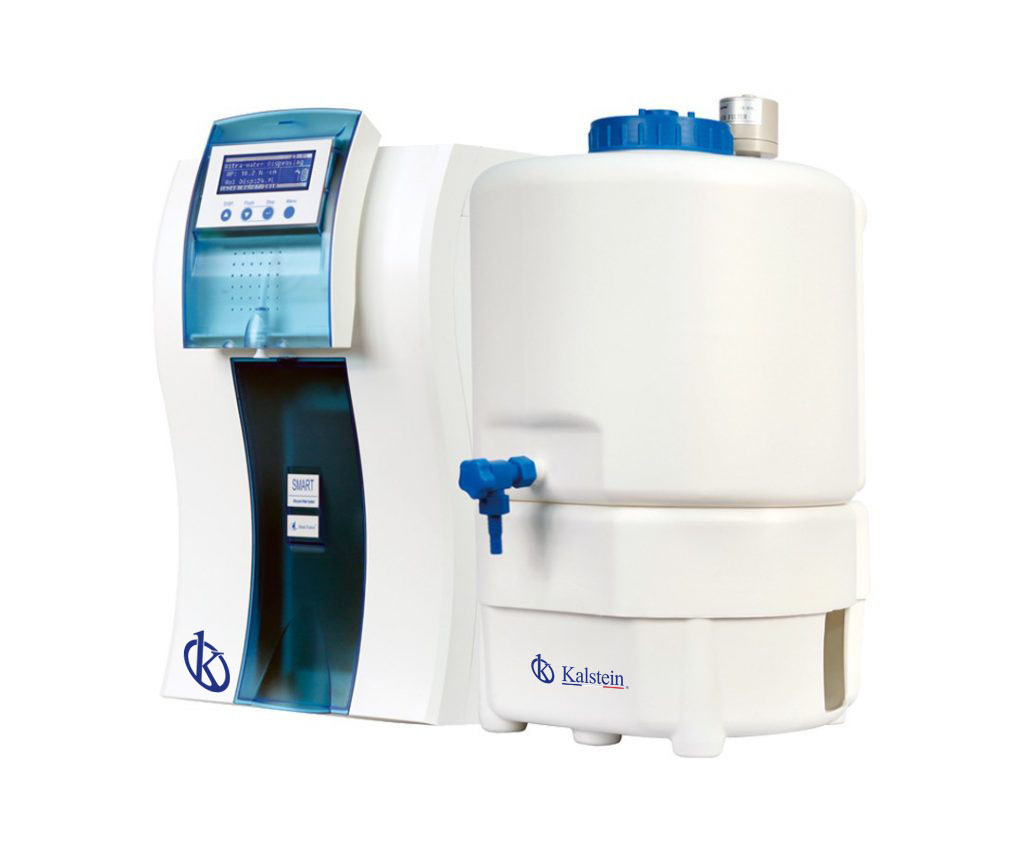Clean water is an essential resource that is often not given the importance it deserves, especially in the scientific field of research. Laboratories use it for vital processes including equipment cleaning, laboratory solutions, and also as a chemical reagent. Therefore, water quality can be critical to the precision and accuracy of research results.
The Importance of Purified Water in Research
Water used in scientific research must be free of impurities that can disrupt experiments or give inaccurate results. These impurities can be organic (bacteria, viruses), inorganic (salts, metals) or even volatile compounds that are dissolved in the water. Therefore, water that has not undergone purification processes can present significant risks to the quality and reliability of the research.
To produce ultrapure water needed for high-level experiments, laboratories turn to this type of technology, which provides a clean and reliable resource at the point of use.
How Do Water Purification Systems Work?
Water purification systems, as the name implies, remove impurities from water using various technologies. Typically, they involve multiple stages of filtration to ensure that the water is free of any possible contaminants. The most common purification techniques in research laboratories include:
Microporous filtration: uses a membrane to filter out particles, bacteria and suspended materials.
Reverse Osmosis: This technique removes most of the dissolved contaminants in water, such as salts and other chemicals.
Activated Carbon Adsorption: Removes organics and chlorine.
Distillation: This process takes advantage of the different boiling points of contaminants and water to separate them.
Deionization: This technique uses ion exchange resin columns to remove inorganic ions in water.
The Role of Water Purification Systems in Scientific Research
The decision of which purification system or combination of purification systems should be used depends on the exact requirements of the research; they play a vital role in standardizing research methods by providing one constant: pure, interference-free water.
A molecular biology laboratory, for example, may require ultrapure water for the preparation of DNA and RNA solutions, while an analytical chemistry laboratory may require it for the preparation of standard and diluent solutions.
In addition, they are an essential tool for reducing the laboratory’s environmental footprint by reducing the need to purchase bottled water and generate plastic waste.
What we have for you at Kalstein
In short, they are essential in scientific research laboratories. Not only do they improve the consistency and reliability of experimental results by providing high-purity water, but they also contribute to shaping a more sustainable planet. To further advance scientific research, it is necessary to focus on the importance and quality of the water used in laboratories.
Kalstein as a manufacturing company we have the ability to offer the customer purification systems of excellent quality with first class materials and at the best price; these equipments belong to a YR series with certain features that meet the demands of the market, see them HERE.

